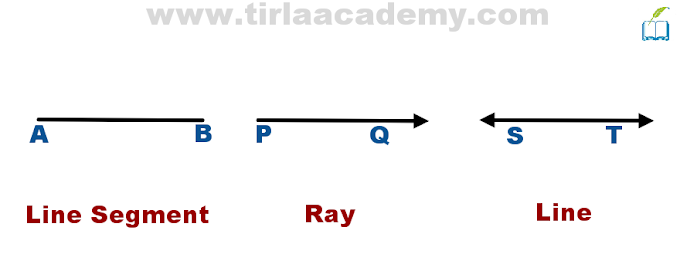In today’s fast-paced world, digital literacy is no longer just a bonus — it’s a must-have skill for students everywhere. From classrooms in the USA to schools in Australia and Luxembourg, the ability to navigate the digital landscape shapes the future of education and success. But why is digital literacy so critical? Let’s explore how these skills are transforming learning and preparing students for life beyond the school environment.
Digital Literacy Bridges the Gap Between Knowledge and Technology
As technology evolves, education must keep pace with it. Digital literacy empowers students to effectively use tools like computers, tablets, and educational apps, making learning more engaging and accessible. Without these skills, students risk falling behind in classrooms that increasingly rely on digital resources.
Preparing Students for a Technology-Driven World
Today’s job market demands more than traditional knowledge. Employers across Tier 1 countries expect candidates to be comfortable with digital tools and platforms. Teaching digital literacy in education ensures students develop critical skills like online communication, research, and problem-solving — all essential for career success.
Enhancing Critical Thinking and Information Evaluation
In the digital age, information is everywhere, but not all of it is trustworthy. Digital literacy teaches students to critically assess online content, recognize misinformation, and make informed decisions. This skill is vital for fostering responsible digital citizens who can navigate social media, news, and research safely.
Supporting Inclusive and Personalized Learning Experiences
Digital literacy opens doors to personalized education by allowing students to access diverse resources tailored to their needs. Interactive platforms and digital tools support different learning styles, helping students from various backgrounds stay engaged and motivated. This inclusive approach promotes equality in education worldwide.
Boosting Confidence and Independence in Learning
When students master digital skills, they become more confident and independent learners. They can explore subjects beyond the classroom, access global knowledge, and collaborate with peers anywhere in the world. This independence nurtures curiosity and a lifelong love of learning.
Digital Literacy as a Foundation for Innovation
Innovation thrives on the ability to use technology creatively. Digital literacy in education encourages students to experiment with new ideas, develop coding skills, and participate in projects that drive change. By fostering this mindset, schools prepare the next generation of innovators and problem solvers.
In conclusion, digital literacy skills are essential in modern education because they equip students with the tools they need to succeed academically, professionally, and socially. As education systems in the USA, Australia, and other tier 1 countries embrace digital learning, prioritizing digital literacy ensures no student is left behind in a world where technology is everywhere.





